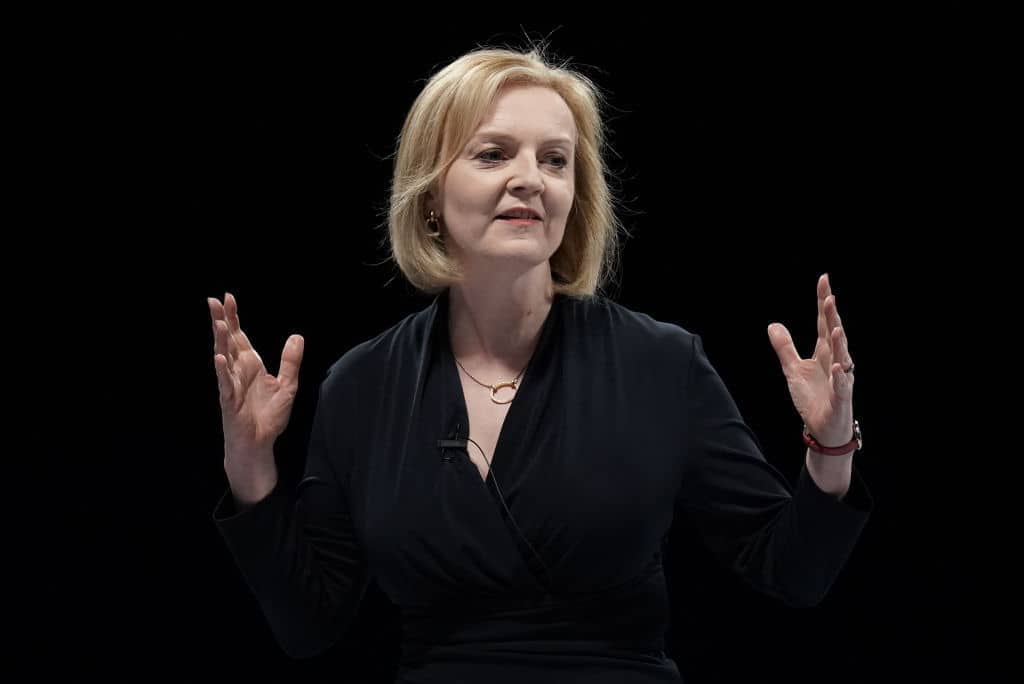It is not unusual for promises made during an election campaign to fail to survive a headlong impact with reality, but if, as expected Liz Truss, announces an energy price freeze tomorrow, it will leave many Conservative party members who voted for her feeling somewhat cheated. For most of the leadership campaign Truss denounced the idea of government help with energy bills and insisted she would tackle the problem with tax cuts instead. Taxing people and then giving them some of their money back in handouts, she said, was ‘Gordon Brown economics’.
Yet it now seems that not only will she spend large amounts of money to bail out householders’ energy bills, but she will seek to outdo Keir Starmer. Bloomberg is reporting this morning that Truss will set aside £130 billion to freeze domestic bills at, or even a little below, their current level for the next 18 months. That would mean bills staying at the rate they have been since April – with dual fuel bills remaining at an average £1,971 a year rather than the £3,548 price cap announced by Ofgem for October.
A price freeze will undermine market forces, helping to prolong the crisis
To put this figure into context, last financial year the government spent £ 136 billion on NHS England. The furlough scheme – which subsidised the wages of nearly 12 million workers – cost taxpayers £70 billion. If this really is Truss’ plan, it will be the biggest welfare programme in British history. While the Heath and Callaghan governments fiddled with prices and incomes policies there is no precedent for a UK government subsidising living costs in this way. This plan might not technically be a ‘handout’ to households, but the scheme does involve massive government handouts to energy companies, who would be compensated for the difference between the frozen prices they will be able to charge their customers and the prices they would have been able to charge them without the price freeze.
It will take the wind out of Labour’s sails, yet the scheme would involve a massive build-up of government debt. Moreover, it would mean even greater subsidies for the wealthy than would Rishi Sunak’s £400 handouts. Under Sunak’s scheme, the maximum benefit any household could derive was £400. Under Truss’ scheme, the bigger your home, the more energy you use to heat it, the more the taxpayer will be helping you. It is widely accepted that there will have to be some help for poor households, but fat subsidies for owners of draughty country houses?
There is another objection, too: a price freeze will undermine market forces, helping to prolong the crisis. Soaring energy prices are not popular, but they do at least have the advantage of encouraging people to save energy, either by turning their thermostat down, insulating their homes or by switching to more energy-efficient appliances. That helps to right the imbalance between supply and demand which has caused the hyper-inflation in wholesale energy prices. But if energy prices are frozen, where is the incentive to save energy? Demand will continue at a higher trajectory than it would have done without the price freeze, prolonging the crisis.
Truss has yet to announce a price freeze, and so at the moment this is conjecture. But if she really is planning to spend £130 billion of our own money paying our energy bills for us, many are going to start asking: what happened to that promise to end ‘Gordon Brown economics’? This would be Gordon Brown economics on speed.







Comments